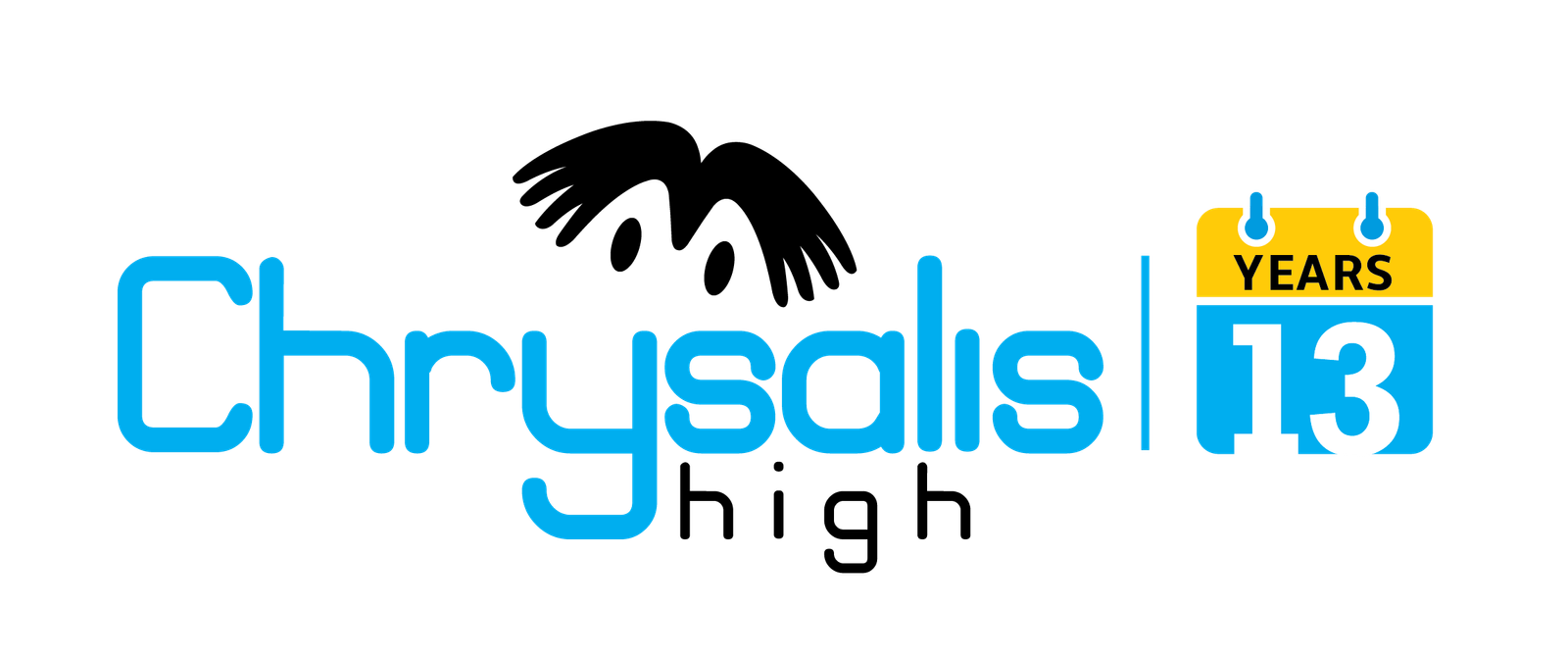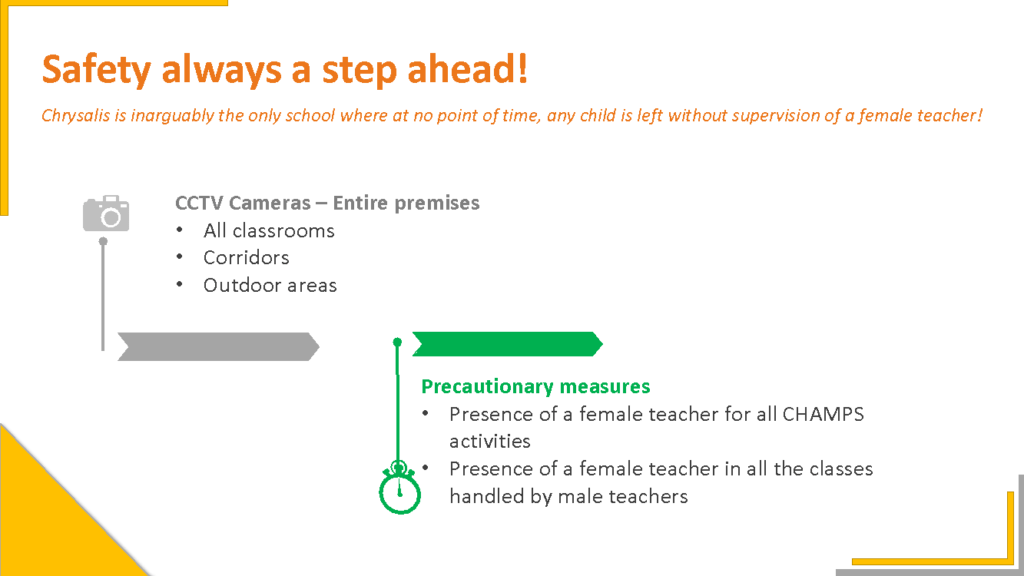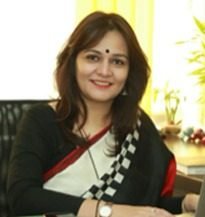“Dream, dream, dream. Dreams transform into thoughts and thoughts result in action.” – Dr APJ Abdul Kalam
The 15th of October is World Students’ Day. It’s a salute to Dr. APJ Abdul Kalam, who is one of India’s most admired people today. It’s more than just a date on the calendar. It celebrates the spirit of learning, wonder, and strength Dr. Kalam fought for his life. The day is a yearly reflection to use his memory to teach, inspire, and light up young minds.
This is a special day to think about Dr. Kalam’s contribution to education, science, and national progress for kids, teachers, and parents alike. It also brings back the drive to dream big, help others without expecting anything in return, and get through hard times.
Why Oct 15? The Origin & Misconceptions
Just why do we celebrate World Students’ Day? Though a lot of people think that the UN recognizes World Students’ Day, this is not true. India actually celebrates the day mostly to honor Dr. Kalam’s birth date. Born on October 15, 1931, Dr. Kalam was known as the “People’s President” and always wanted to learn more.
It’s possible that the misunderstanding about UN approval came from a story on the internet that the UN declared it a world holiday. On the other hand, the UN calendar does not list any official declarations like that. The significance of October 15 is still strong in India, despite everything. It marks the birth of a dreamer who lived for students, listened to their dreams, and trusted in their limitless potential.
Life Journey: From Humble Roots to “People’s President”
The late Dr. APJ Abdul Kalam was born in Rameswaram, a small town on the coast. He came from a low-income family and sold newspapers as a child to help support them. Because he worked hard and was smart, he went to the Madras Institute of Technology to study aircraft engineering.
DRDO hired him, and then ISRO did too. In that job, he was critical to India’s projects to build both civilian spacecraft and military missiles. He was known as the “Missile Man of India” because of his work on the Agni and Prithvi.
He became the 11th President of India in 2002 and won the hearts of millions of people with his kindness, simplicity, and steadfast commitment to empowering young people. But he was still a teacher at heart, even though he was president. He was often found saying, “Teaching is a very noble profession that shapes the character, caliber, and future of an individual.”
He loved education and teaching, and thus we celebrate his birthday as World Students’ Day in India.
Kalam’s Core Beliefs & Vision for Students
The guiding ideas of Dr. Kalam’s life are still applicable to all children today:
- Dream Big, Start Small, Act Now: His famous quote, “You have to dream before your dreams can come true,” demonstrates his belief in the power of visionary dreaming. He fostered aspiration from an early age rather than concentrating on short-term objectives.
- Resilience In The Face Of Failure: He frequently discussed seeing failure as a learning opportunity when narrating his experiences with setbacks while working on projects at DRDO and ISRO.
- Service To The Nation: He encouraged students to use their knowledge and abilities for community service and nation-building.
- Lifelong Learning: Dr. Kalam was constantly learning new things. He was a student until the very end of his life, when he died while giving a lesson to other students.
- Humility And Empathy: Even though he did a lot of great things, he stayed grounded, open, and deeply linked with people from all walks of life.
Activities for students motivation day in schools and communities are based on these guiding concepts.
How Schools & Parents Can Embed His Vision
Here are some practical ways that parents and teachers can continue Kalam’s contribution to education at home and in the classroom:
- Include speaking sessions about the ups and downs of Dr. Kalam’s life.
- Set up clubs for students who are interested in reading, science, new ideas, and helping others.
- Post Dr APJ Abdul Kalam quotes on bulletin boards at school, in the classroom, and even at home.
- Encourage kids to keep dream books where they can write down and keep track of their goals.
- Hold monthly teaching groups to talk about ethics, goals, and national service.
- As part of reading or general knowledge tasks, give Kalam’s background.
Encourage people to get involved in neighborhood projects like planting trees, teaching kids from low-income families, or running clean-up efforts.
Sample Activities & Celebration Ideas
Use your imagination and make a difference on World Students’ Day. For kids of all ages, here are some fun things to do:
- Essay contests with topics like “My Dream for My Nation” or “How Dr. Kalam Inspires Me”
- Poster-making events illustrating Kalam’s contribution to education
- Interactive quizzes on Dr Kalam’s life, India’s space missions, and scientific achievements
- Kalam Talk Sessions, where students can role-play and deliver speeches as Dr Kalam
- Storytelling and skits based on real anecdotes from his life
- “Dream Wall” installations in schools for students to pin their dreams
- Science project exhibitions inspired by Kalam’s vision for technological self-reliance
- Debates around topics like “Dreaming vs Doing – What matters more?”
These activities for World Students’ Day are more than just a fun way to celebrate. They teach important lessons about having a purpose, maintaining control, and making a difference.
Impact & Success Stories
Many schools nationwide have accepted Kalam’s philosophy, which has led to real changes.
Example 1: Dr Kalam Science Club in Gujarat
A school in rural India started a science club and named it after Kalam. One group of students who made cheap water purifiers won a national creativity award.
Example 2: “Dream Big Kalam” Initiative in Bengaluru
A non-profit began holding motivating talks based on Kalam’s life in government schools. Within a year, the number of students dropping out dropped by 30%, and more girls started taking classes in STEM fields.
These instances demonstrate that having the courage to dream big like Dr Kalam did has motivational and transformative effects.
Challenges & Barriers
Even though everyone agrees with Kalam’s ideas, many schools and homes have trouble putting them into practice because:
- Schools in distant areas don’t have enough tools and money.
- Students in impoverished places aren’t very motivated.
- Not enough teachers and too much in the curriculum
- Lack of knowledge in the community about these kinds of projects
To get around these problems, we need to change the system, train teachers better, and form relationships between the public and private sectors. Above all, teachers and families must work hard to keep Kalam’s heritage alive in everyday learning.
Conclusion
On World Students’ Day, let’s do more than just celebrate. Let’s do something. Let us take part. Let us be bold. Parents and teachers should promise to use at least one idea or practice that aligns with Dr. Kalam’s beliefs.
As he once said, “Let us sacrifice our today so that our children can have a better tomorrow.” So, on this October 15, let’s honor him not only with words but also with actions. Let’s raise a generation that is brave enough to dream and driven enough to make those goals come true.
Explore Chrysalis High’s holistic educational approach and diverse campus offerings across Bengaluru by visiting their official website.
FAQ
When and why is World Students’ Day celebrated on October 15?
On October 15, which is Dr. APJ Abdul Kalam’s birthday, people around India celebrate World Students’ Day. The distinction recognizes his lifelong commitment to students and learning.
Did the United Nations officially recognize Dr. Kalam’s birthday as World Students’ Day?
No. There is a common misconception, but the UN has not officially declared it. However, it is widely observed in India.
What are some of Dr Kalam’s quotes that are especially relevant for students today?
Key Dr APJ Abdul Kalam quotes that will always be relevant for students include:
- “Dream is not that which you see while sleeping, it is something that does not let you sleep.”
- “Excellence happens not by accident. It is a process.”
- “Learning gives creativity, creativity leads to thinking, thinking provides knowledge, knowledge makes you great.”
How can a school incorporate Kalam’s values into everyday learning?
Project-based learning, values education, motivational stories, science clubs, and classroom quotes are all ways that schools can incorporate to teach his ideas.
What are the challenges in truly inspiring children with Kalam’s vision, and how can they be overcome?
Problems include insufficient resources, students not being interested, and limited courses. Value-based education systems, engaging learning, and mentoring are some solutions.


